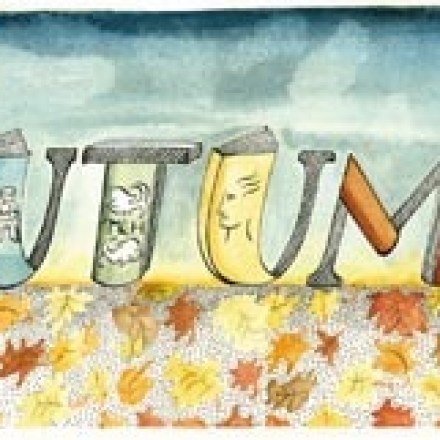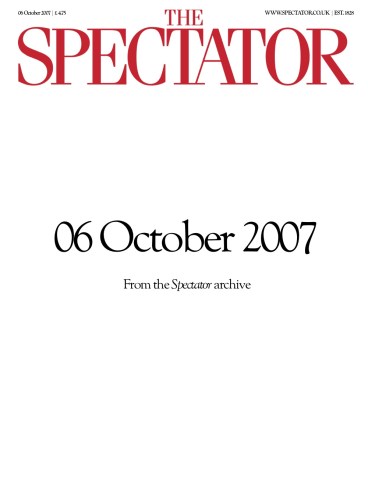Memory speaks volumes
It’s a dangerous business, oral history, at least when you try it in Russia. Without oral history a complete history of the Soviet Union is almost impossible to write. Archival documents are dry, containing only the official point of view; memoirs, often written years later, are unreliable and frequently slide over important details. In an









